
Vicky Mann started her day, Tuesday morning, September 11, 2001, like any other. A nursing student at the time, her mind was focused on her clinical rotation assignment, unaware of what was happening in the world around her.
“It was a beautiful September day in New York,” recalled Vicky. She took the subway and then enjoyed a walk to Methodist Hospital in downtown Brooklyn, about three miles from the Twin Towers.
“I remember the nurses on the floor said, ‘Something’s happening. Turn on the TV,’” Vicky said. From a television screen in the nurse’s lounge, Vicky and her colleagues watched flames erupting from the World Trade Center. At first, she watched in confusion, but the horror that followed her realization was too much for her mind to comprehend.
She immediately went to God in prayer. In the chaos that followed, she and her fellow students were sent home from the hospital. With public transportation at a standstill or full beyond capacity, Vicky had no choice but to walk. She witnessed first-hand the lifeless and numb expressions of survivors fleeing from Manhattan. Twenty years after 9/11, she still remembers the relief she felt when all her family members were
safely reunited that night. Days later, shock and grief for the loss of life would continue. “You felt for people,” she said.
Relief came from reaching out to help others who were struggling as she was.
“Everybody was feeling lost and uncertain of what to do going forward,” Vicky said. She realized that her faith helped her cope, and she wanted to help others find that comfort.
The ministry that she had shared in for years as one of Jehovah’s Witnesses took on a new role for her.
“What people needed most was for me to listen,” she said. “Then I could share a Bible verse that might give them a measure of peace, even if just for a few minutes.”
Helping others has long been linked to better emotional well-being in psychology research. The book “The Healing Power of Doing Good: The Health and Spiritual Benefits of Helping Others” describes “powerful” effects, even for helpers who have experienced trauma themselves.
Trauma was all too common among the many volunteers at Ground Zero. Roy Klingsporn, a Brooklynite who volunteered at Ground Zero nearly every day for two months, recalled on one occasion approaching a man who sat slouched in a golf cart near the site’s makeshift morgue.
“When I asked him how he was doing, he burst into tears,” said Klingsporn, now of Fort Lauderdale, Florida. “He said, ‘I’m tired of picking up body parts.’”
Within days of the attacks, Jehovah’s Witnesses set up teams that spent hours each day in Lower Manhattan, Bible in hand, consoling everyone from the families of victims to first responders battling physical and emotional exhaustion. It was a work that changed how the organization approaches disasters, with an organized comfort ministry now being an integral part of its response to natural disasters, and even to the pandemic.
Recalling the gut-wrenching days he spent as one of those volunteers near the smoldering remains of the Twin Towers still stirs deep feelings in Robert Hendriks.
“It was very emotional and extremely difficult for me, but the faces of those I passed on the street said it all,” said Hendriks, now U.S. spokesman for the Witnesses. “They needed comfort, and the best thing I could give them was a hug and a scripture.”
For Brown “Butch” Payne, the events of September 11, 2001, tore open old wounds, bringing back vivid wartime memories the Vietnam veteran had tried to forget.
From his East Village apartment, Payne recalled the crowds of frantic people streaming north from Lower Manhattan. “That sight stirred up a lot of emotions in me,” he said. “It shook me to the core.”
Payne found relief in rendering aid the best way he knew how. “Sharing the Bible’s message of hope softened the blow for me,” he said.
Offering a shoulder to cry on brought Klingsporn comfort too. “It was satisfying to be of help to my community,” he said.
Two decades later, Vicky continues to find comfort from reaching out—this time in talking with pandemic-stressed neighbors in San Antonio, Texas.
She continues sharing positivity with others, although now doing so through letters and telephone calls instead of going door to door. Jehovah’s Witnesses paused their in-person preaching in response to the pandemic in March 2020.
“I can’t change the pandemic,” she said, “but I can bring comfort. I can listen—hopefully making their lives just a little bit better. Being there to help others is helpful for you, too.”
Payne feels the same. In 2016, after 50 years of marriage, he lost his beloved wife to cancer. On days when his grief feels overwhelming, Payne writes heartfelt letters that lift his neighbors’ spirits — and his own. He shares scriptures and resources that have helped him, like articles on coping with trauma and loss on jw.org, the official website of Jehovah’s Witnesses.
“Encouraging others to look to the future helps me to do the same,” he said.

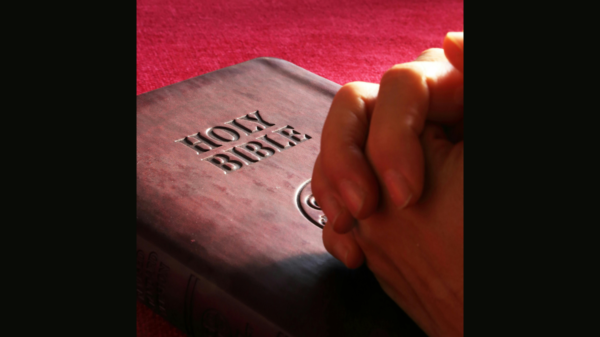
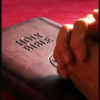
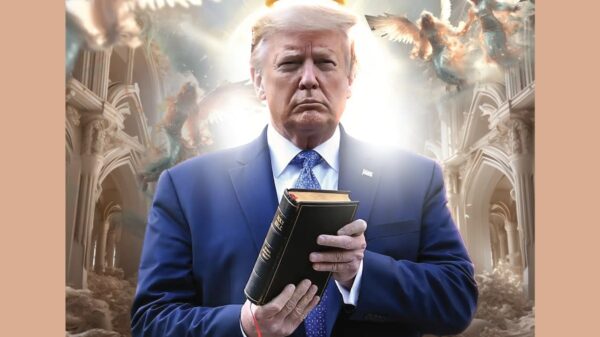

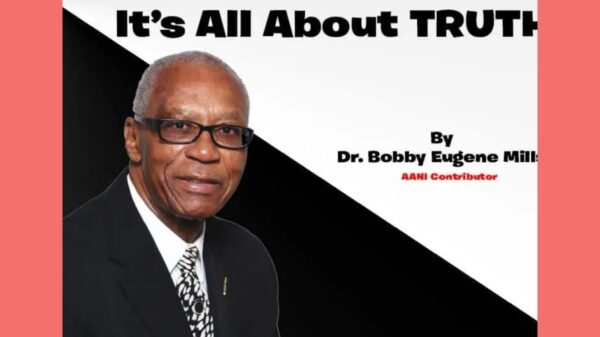
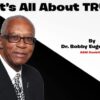
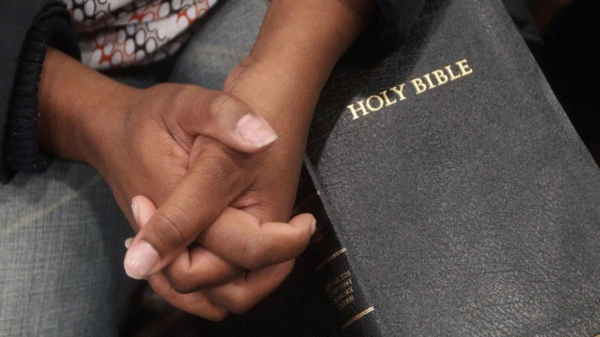
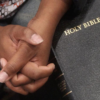
You must be logged in to post a comment Login